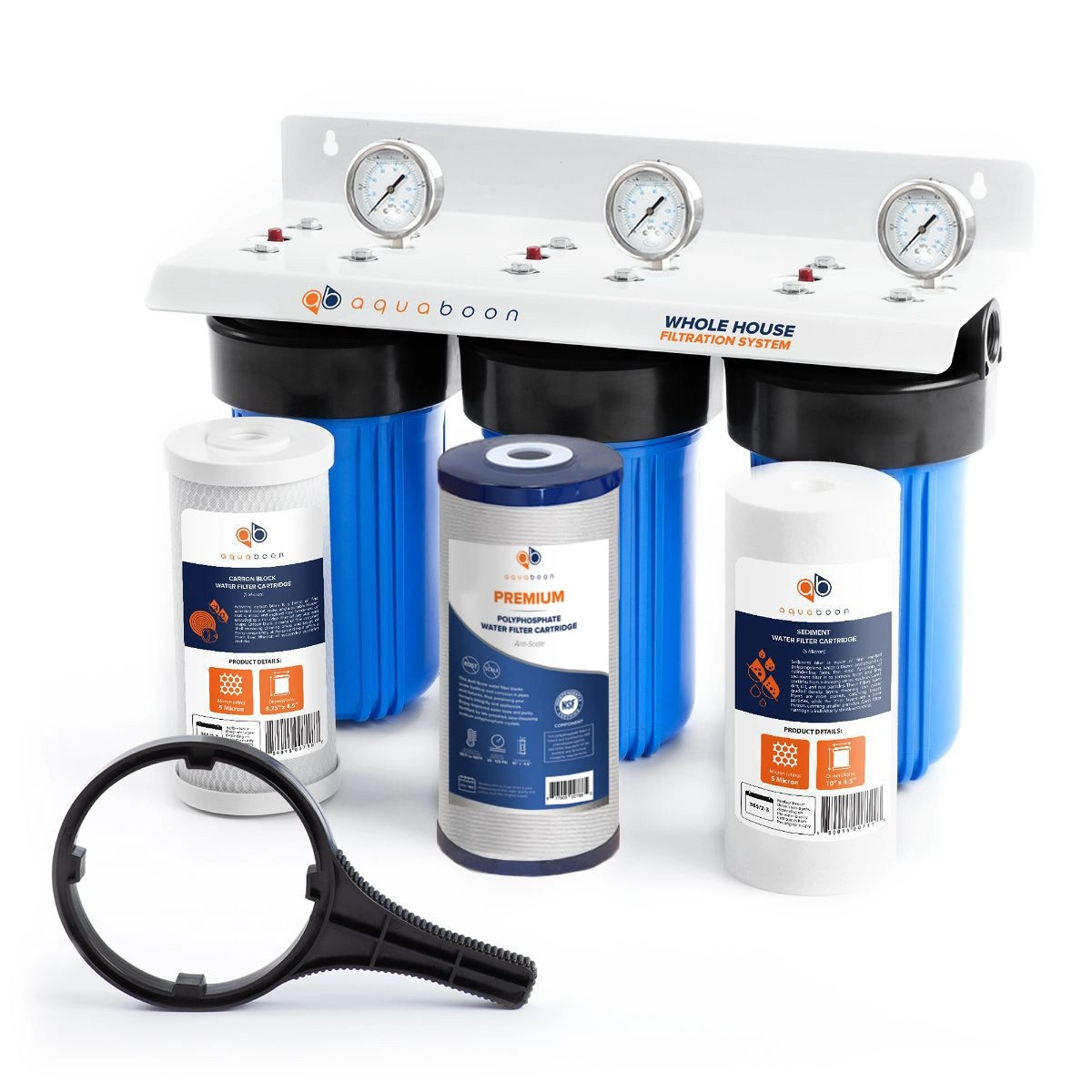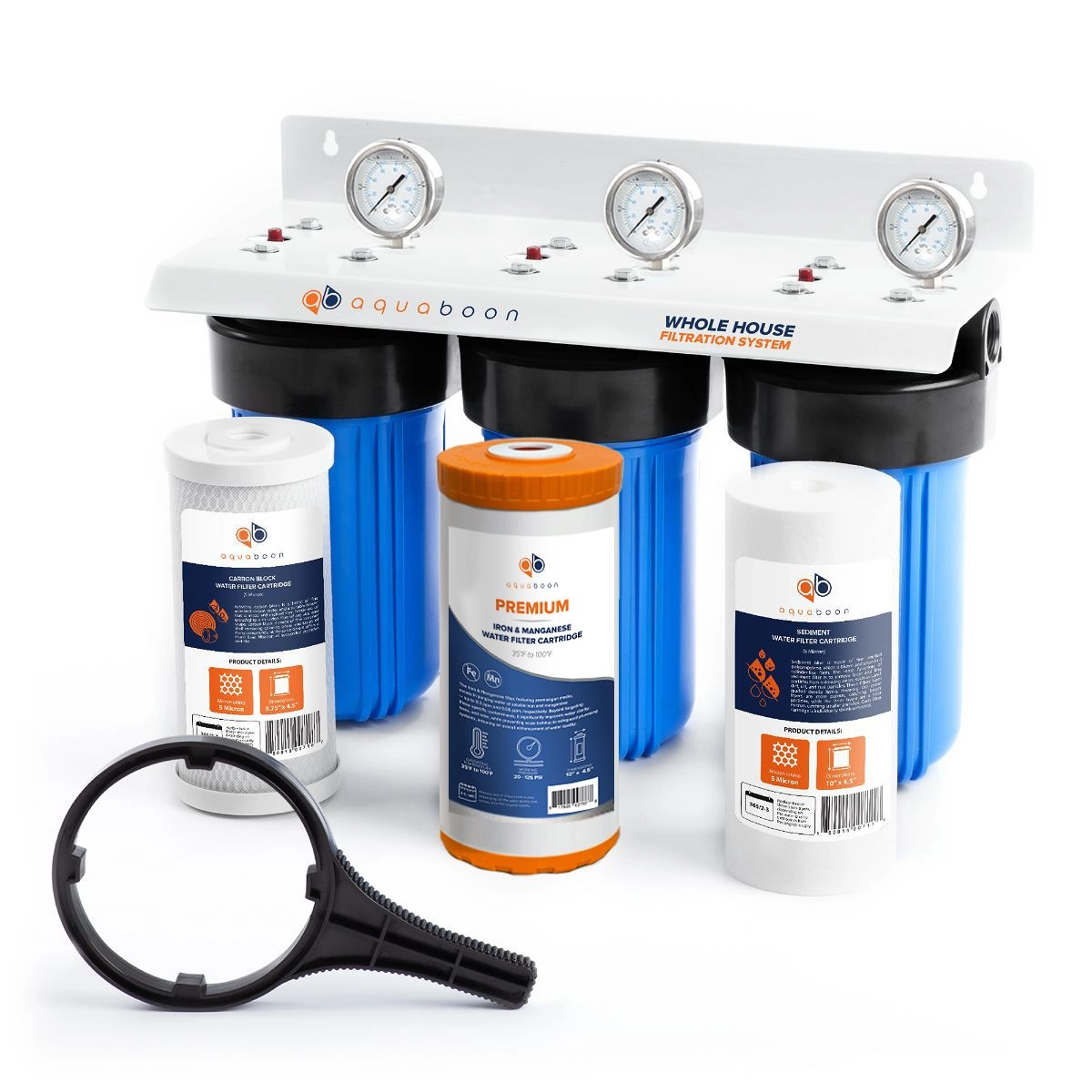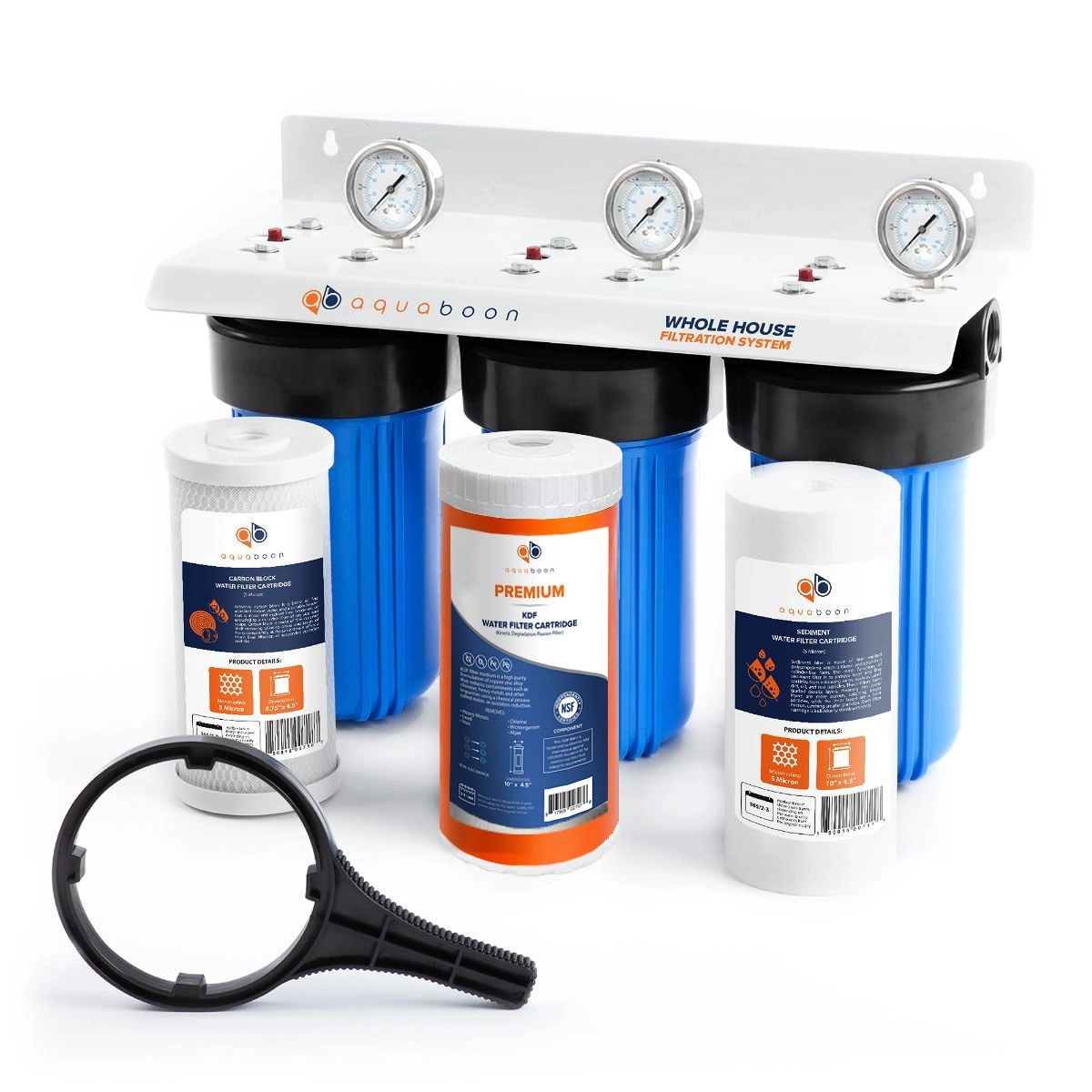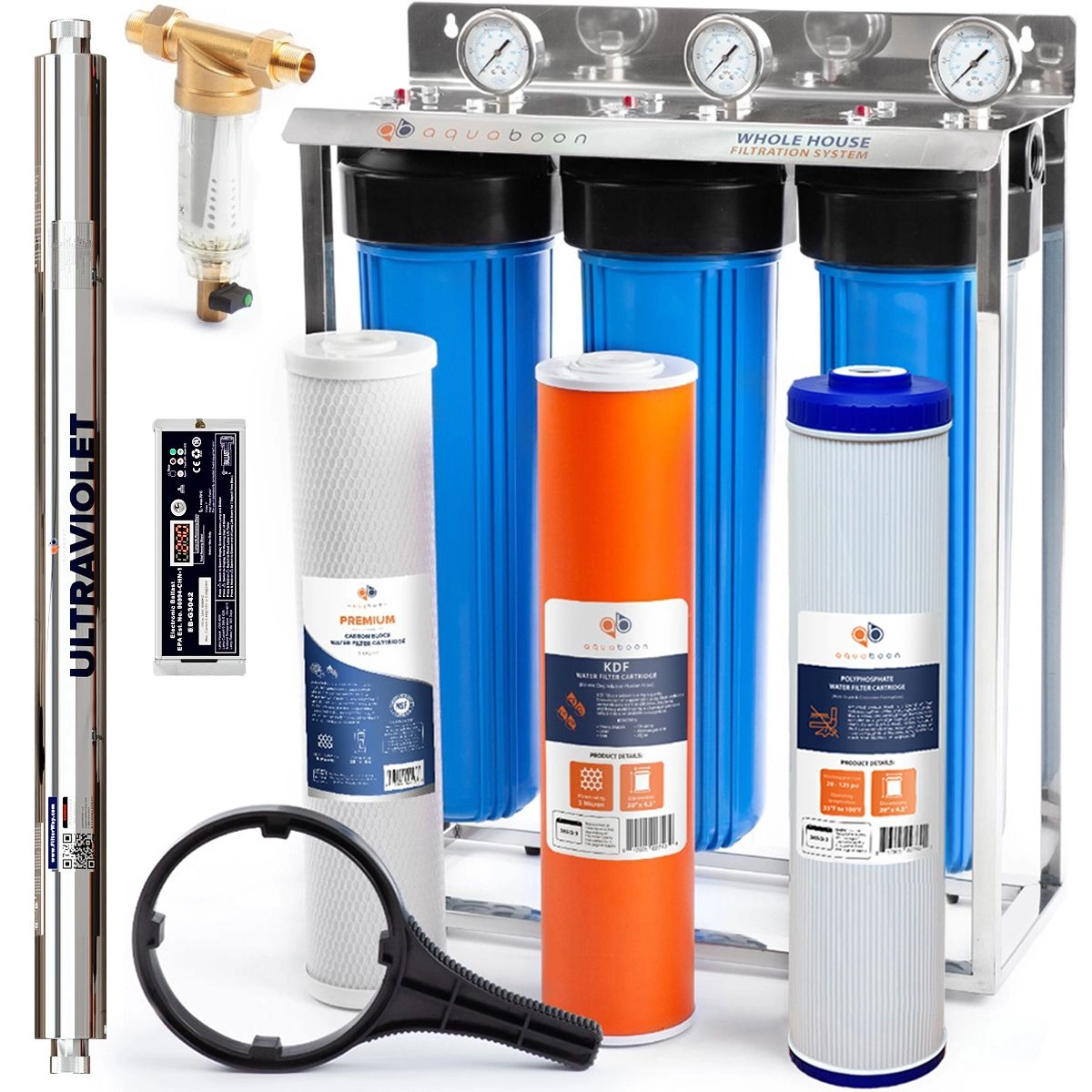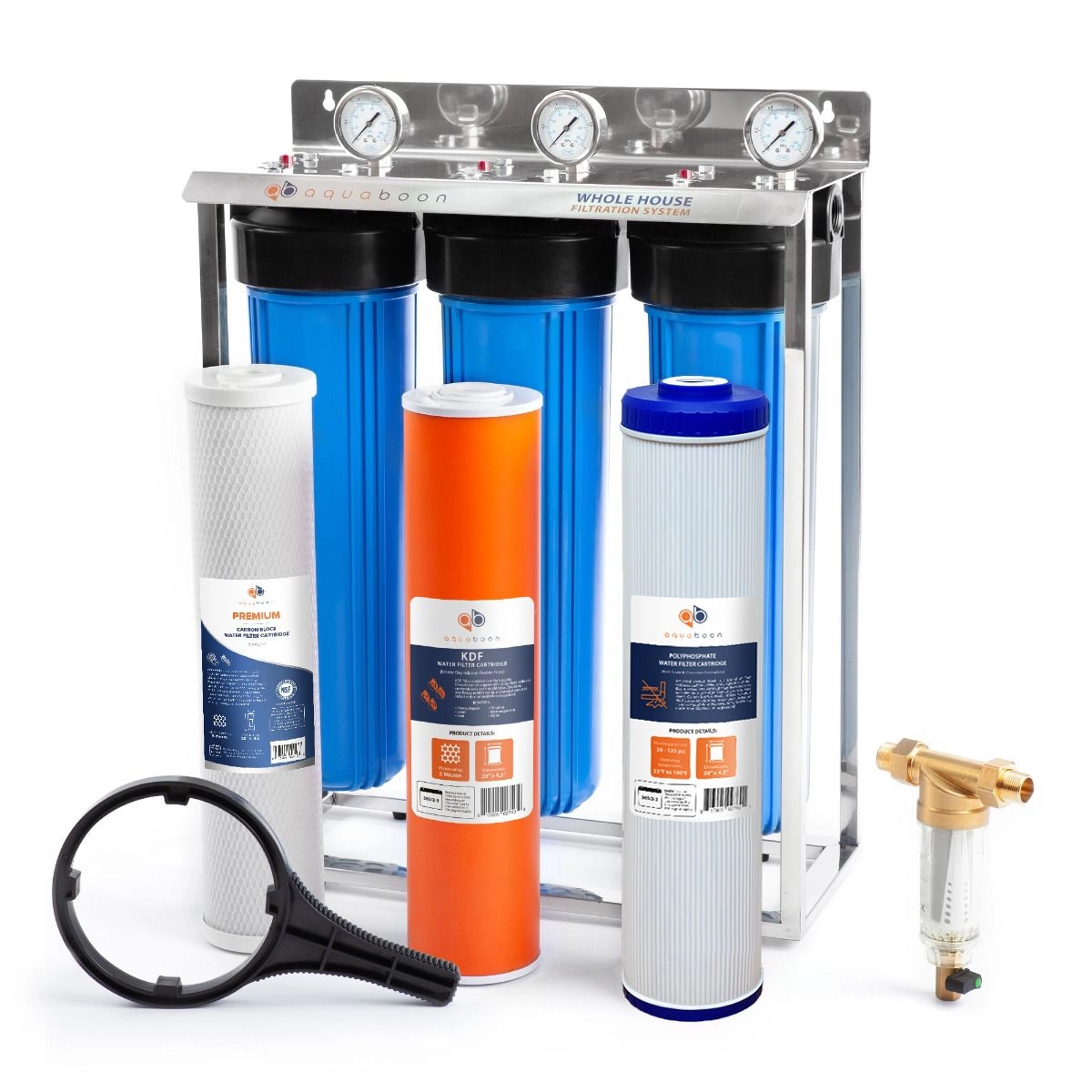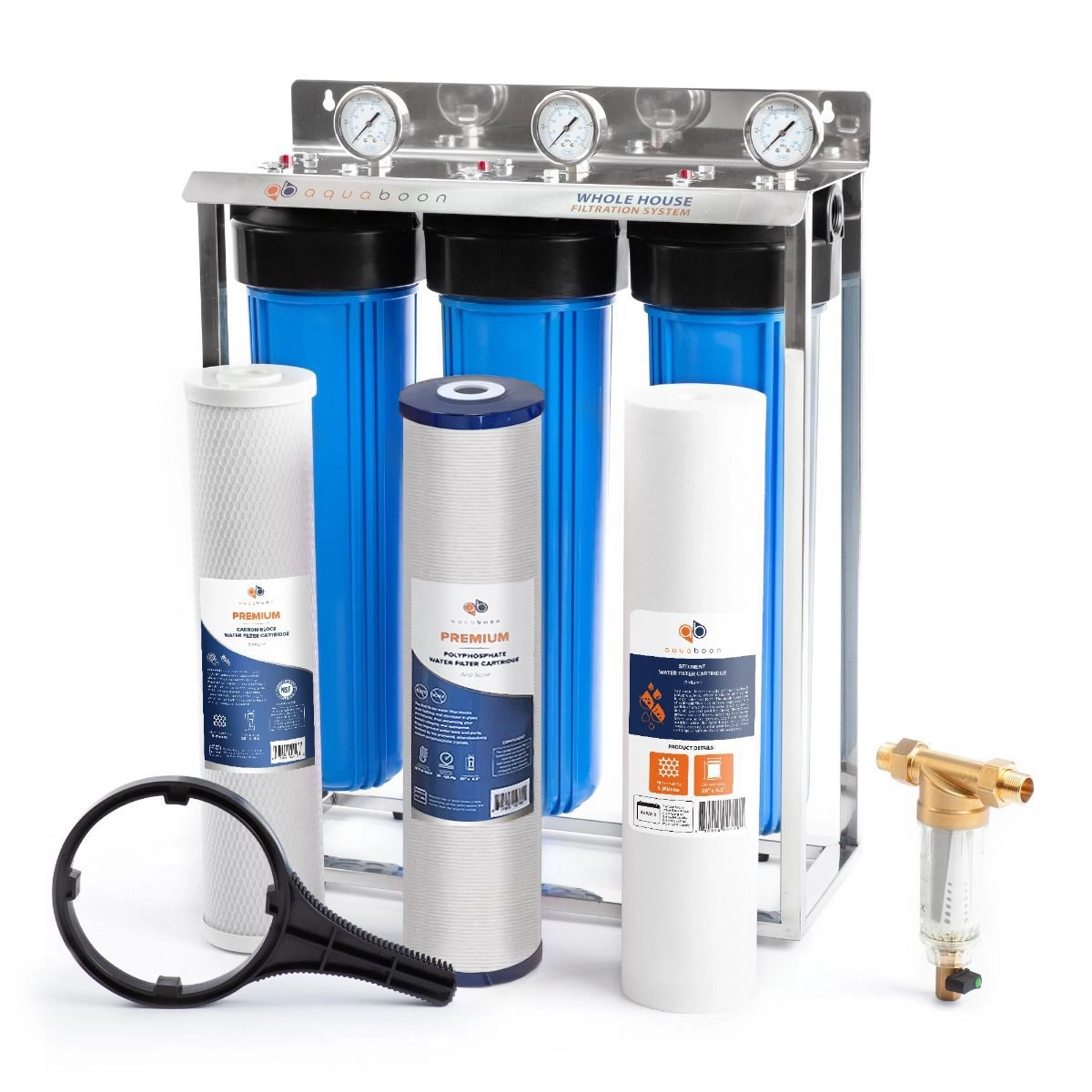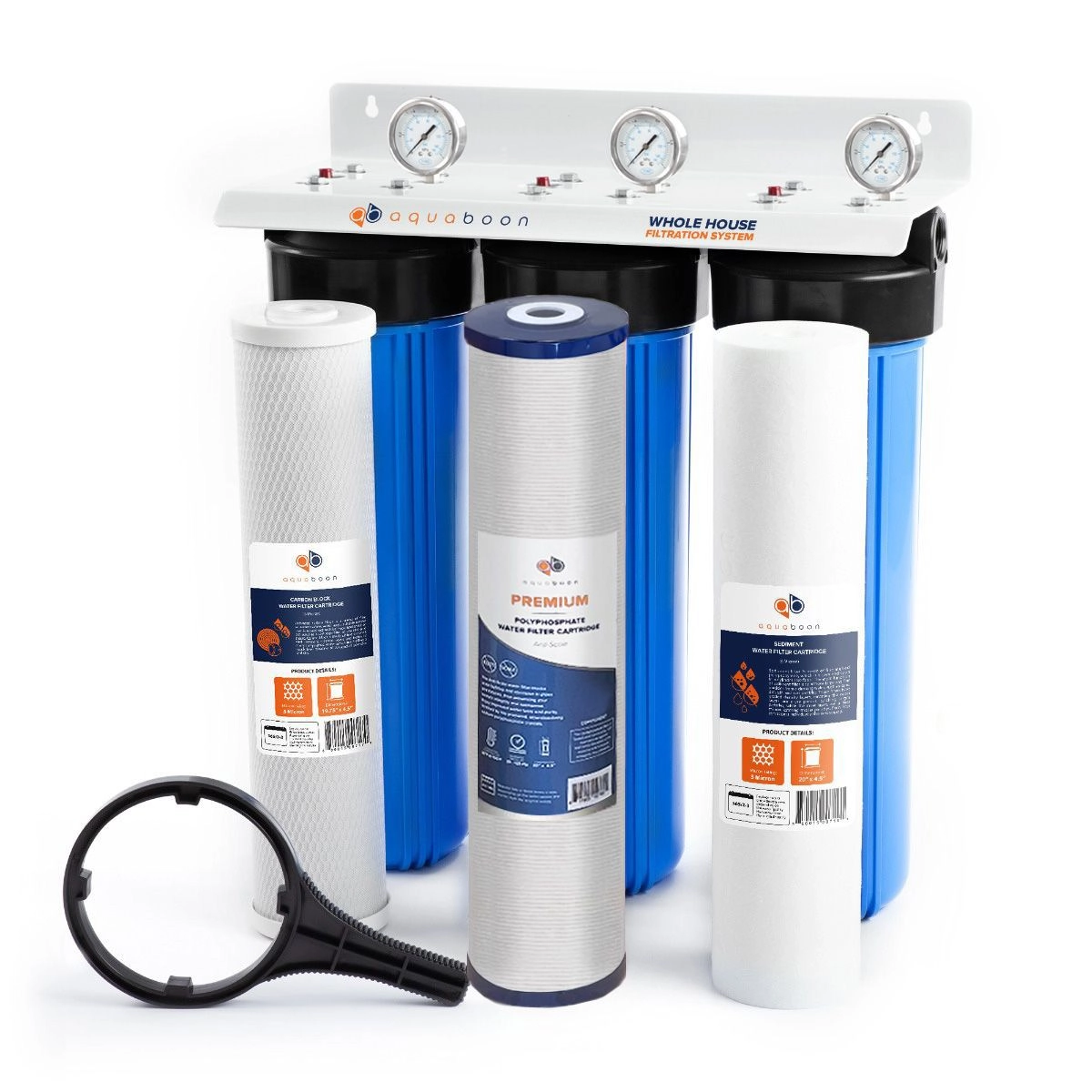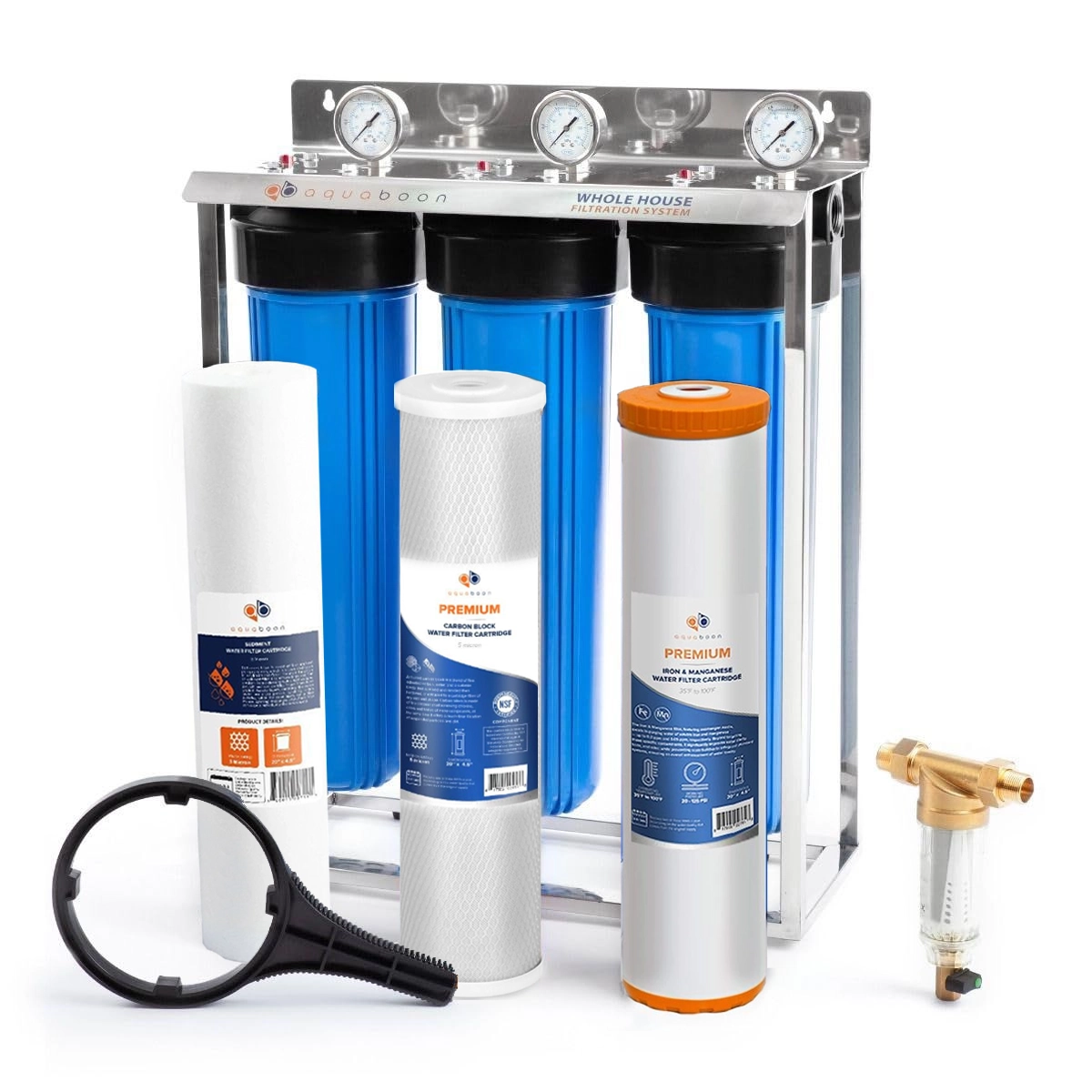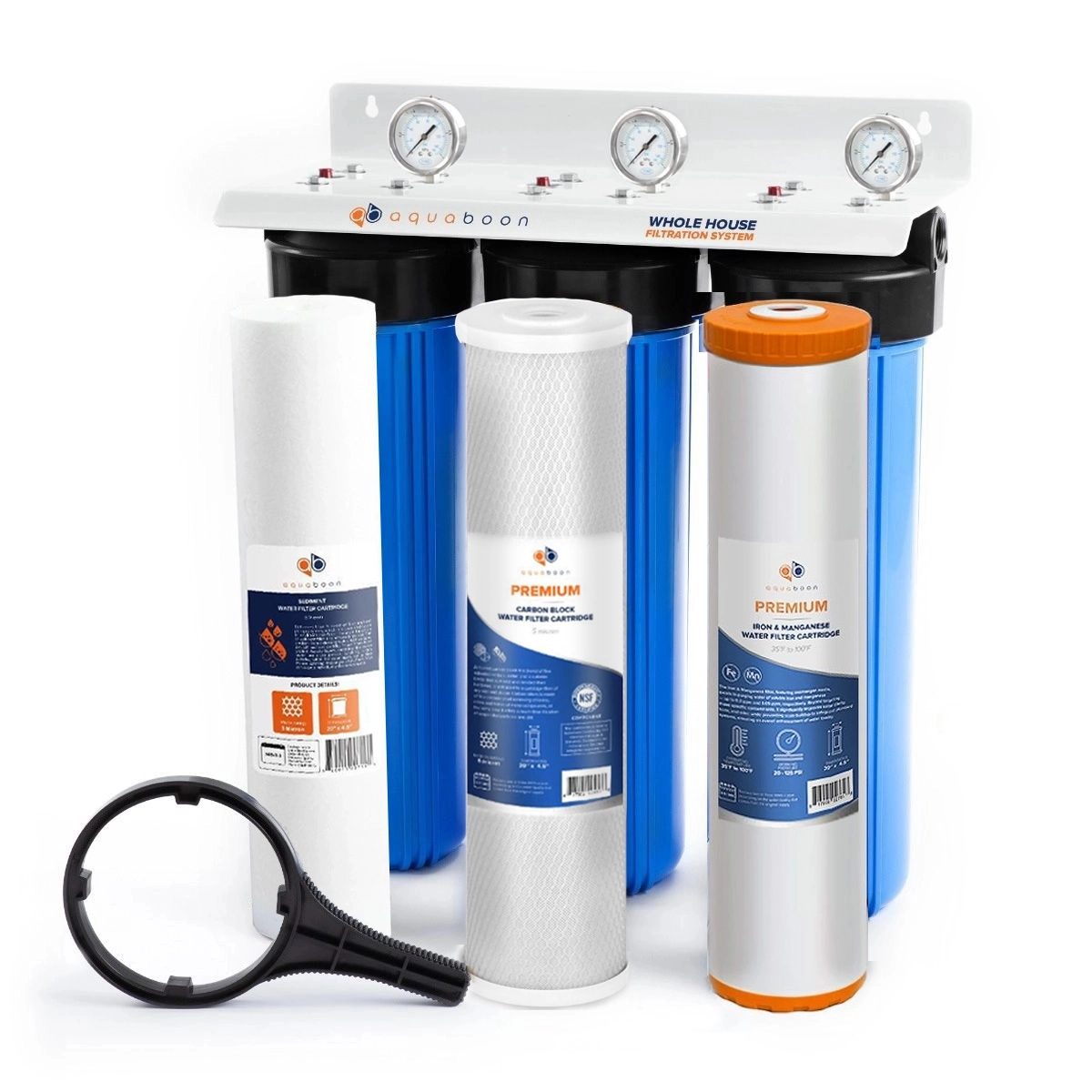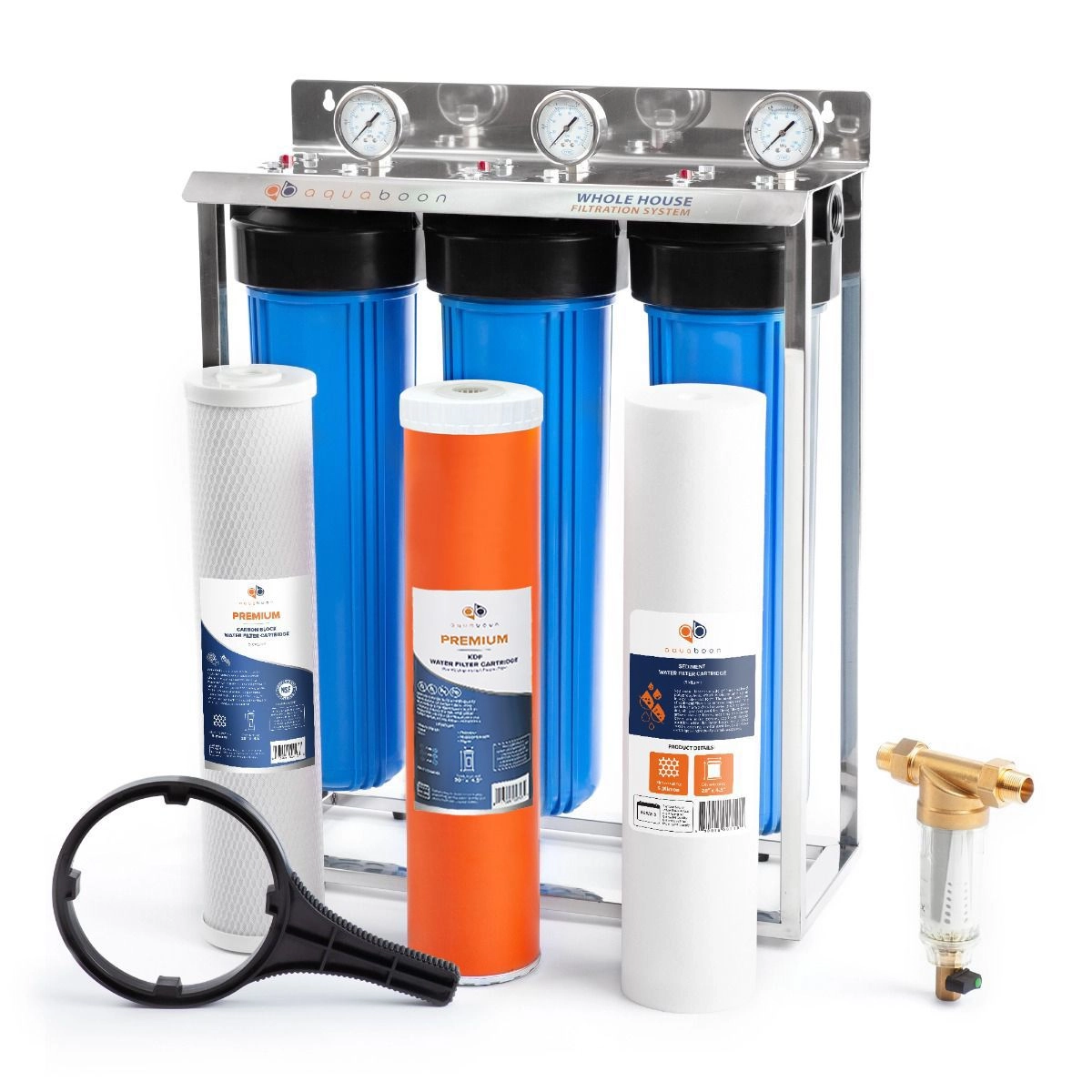Have you ever looked at the water in your home and wondered: Is my tap water safe to drink?
While your drinking water may look clean, it could contain harmful contaminants like lead, arsenic, and even bacteria. This fact stands regardless of your water source.
Did you know that private wells which serve around 15 million Americans are not strictly monitored? City water, on the other hand, though being monitored by the Environmental Protection Agency (EPA), may sometimes contain excess disinfectant chemicals. If you do not know how to remove chlorine in tap water, or the rest of these disinfectants, you could be putting your family at health risk.
In this post, we'll go in depth to answer the questions "Is my tap water safe?" and "how do I know if my tap water is safe to drink?" Also, we’ll show you quick and simple ways to test your home water for safety plus methods of checking its quality.
What is the source of your home supply?
The quality of your drinking water usually depends on the source from which it comes. There are two main sources of home supplies:
City Water
This is supplied by a city council or a public utility and treated to meet minimum safety standards set by a government regulatory agency, such as the EPA in the USA.
However, it may contain contaminants that are not fully removed during the treatment process. For example, lead can leach into the supply from old pipes, while chemicals like chlorine and fluoride are added to it to kill bacteria but may not be safe for long-term consumption if in excess.
Well Water
This is drawn from a private well created by drilling into the ground. It is a sustainable source of supply, as it is drawn from underground aquifers, and is not impacted by drought conditions or natural disasters.
Well water is also often considered to have a better taste and odor compared to public water supplies, but it is the homeowner's responsibility to maintain and repair the well, which can be costly and time-consuming.
In addition, it is not treated or disinfected like public supplies, so it may contain hard water and high levels of salt, iron, or other minerals that can cause health problems over time.
Wondering: How do I make my well water safe to drink? By simply treating it first with purification or filter for water systems like reverse osmosis or carbon filtration.



